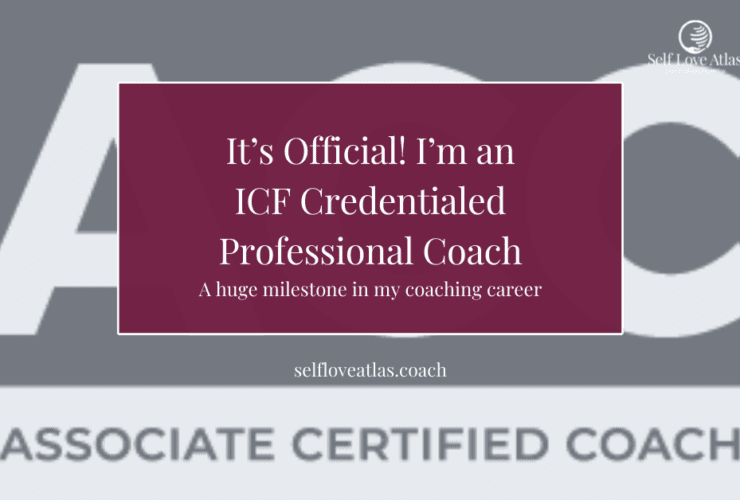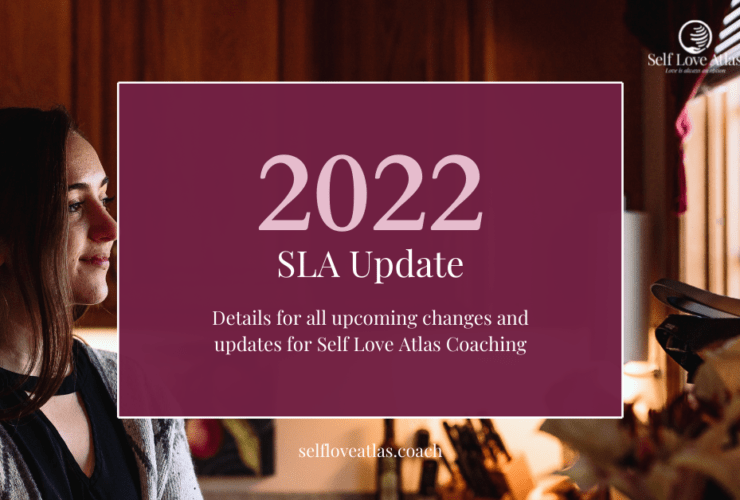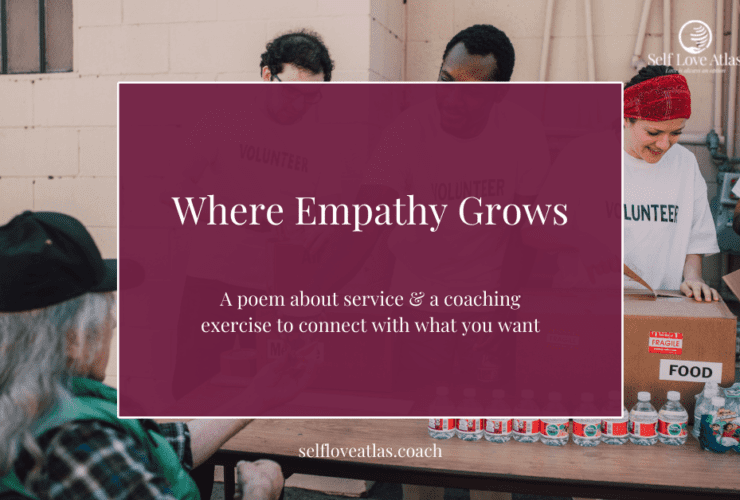Understanding Coaching: The Hunch
If you’ve ever worked with a coach, you might’ve heard the notorious phrase, “I have a hunch, may I share it with you?” or perhaps a variation of it. This is one way a coach shares something they are observing, and it is usually followed by an invitation to confirm or disconfirm whether the “hunch” was correct.
I love both offering and receiving hunches, because they represent an opportunity for greater self awareness through hearing a different interpretation of our situation.
At best, a hunch is a “reframing” that resonates and feels true the moment you hear it. It can cause an awesome “aha” moment.
And at worst, a hunch is a semi-inaccurate interpretation, which then creates the opportunity for us to clarify and more fully describe what it is we are experiencing.
Either way, it generates greater understanding between two people, and helps the receiver feel heard and seen.
The key with offering a hunch is to never assume it is correct.
Just offer it up so the other person can either take it and run with it, or swat it down and tell you what’s actually true for them.
During my recent retreat with my coach friends (who are also writers), I enjoyed a quick writing session one morning on the prompt:
What do hunches feel like? How do you know which ones to follow?
Here was my answer:
A hunch is like a single sparkle reflecting off a body of water.
It glimmers for just a moment as a wave appears, then disappears back into the lake. A hunch is fleeting, yet attention grabbing.
It feels like a warm glow, gentle, sweet, but different enough from the status quo that you feel a pull to tilt your head to one side in a way that says “there’s something there.”
I feel it in my chest, but sometimes my cheeks too. Like the fascination is beginning in my heart but rising into my face where it knows it can express and invite expression.
The ones worth following are the ones that feel calm.
They don’t have a grasping or desperate energy to them, they don’t serve to show anybody that I am good at my job or that I somehow know the right questions to ask.
Instead, they allow room for the other person to breathe in and out a little more of their truth.
If, in conversation, the receiver of the hunch was a mollusk, then the hunch can serve as gills, a small opening that lets the nourishing water in.
The outer layer of defense on a mollusk is meant to protect the beautiful core, but it cannot be airtight, and the hunch invites attention to the opening, the breath, the opportunity for clarity.
There is no force or coercion about the hunch, it’s just an invitation to see what resonates, and usually what results is a peeling away or a washing of whatever is making the pearl of wisdom appear cloudy or unclear.
I follow a hunch if I believe it serves to expose a person’s brilliance. Or allows their truest selves, most powerful selves, to shine, even in the midst of murkiness.
While we might worry that the peeling away of the defensive layers will somehow make us less than we already are, what it really does is give us the space to expand into our highest and freest selves.
Did this post resonate with you? If so, I’d love to hear from you! Leave a comment or send me a message to share your thoughts. For more uplifting content, check out some other posts on my blog, follow me on instagram @morgan_barbret, or sign up for the Self Love Atlas Newsletter!
Cheers,
Morgan Rita Barbret





